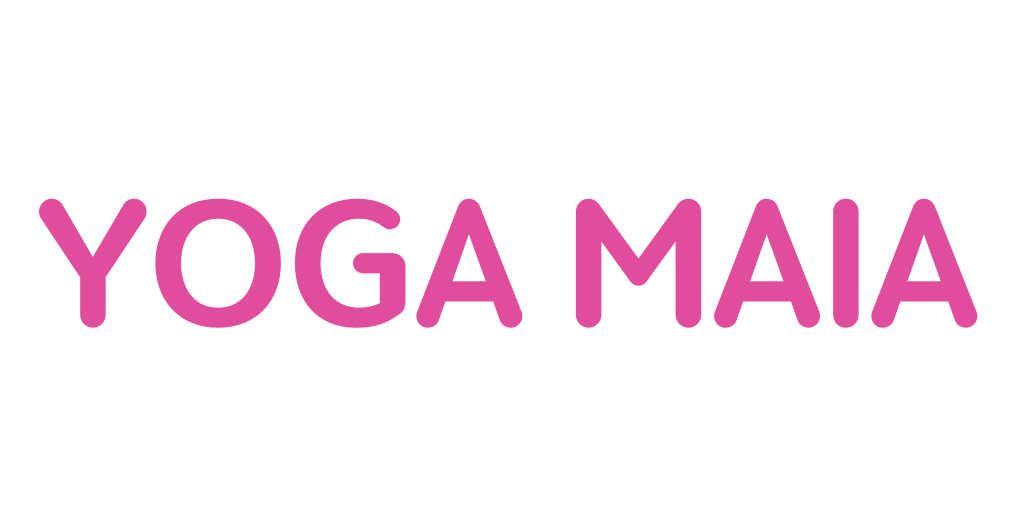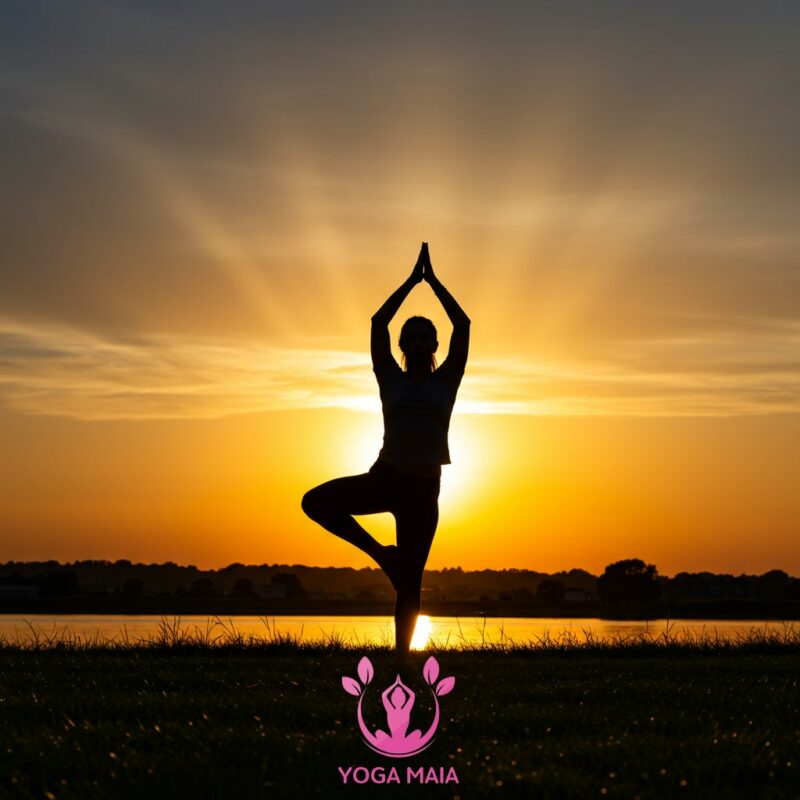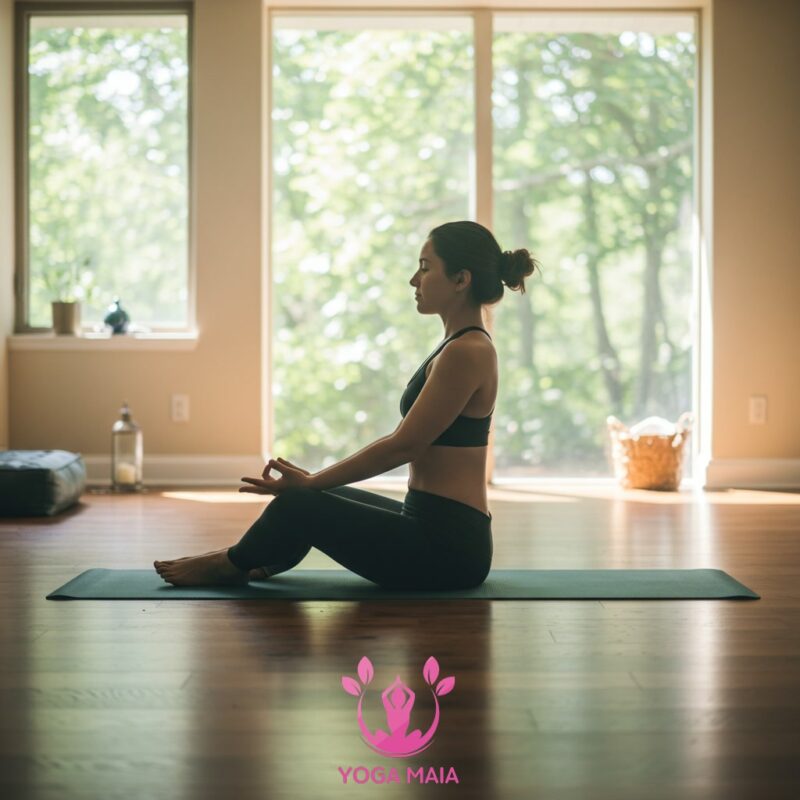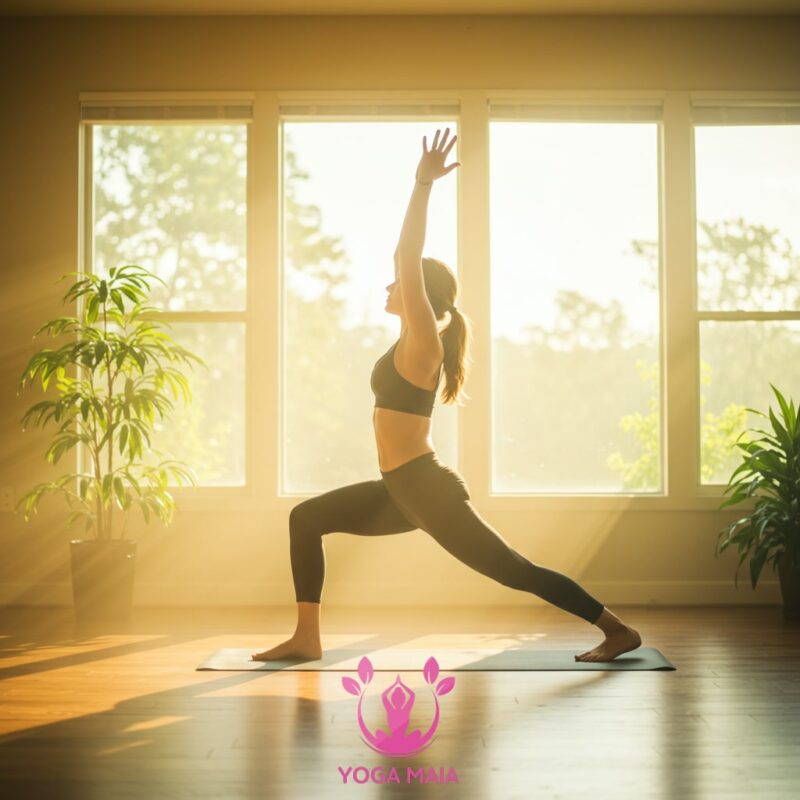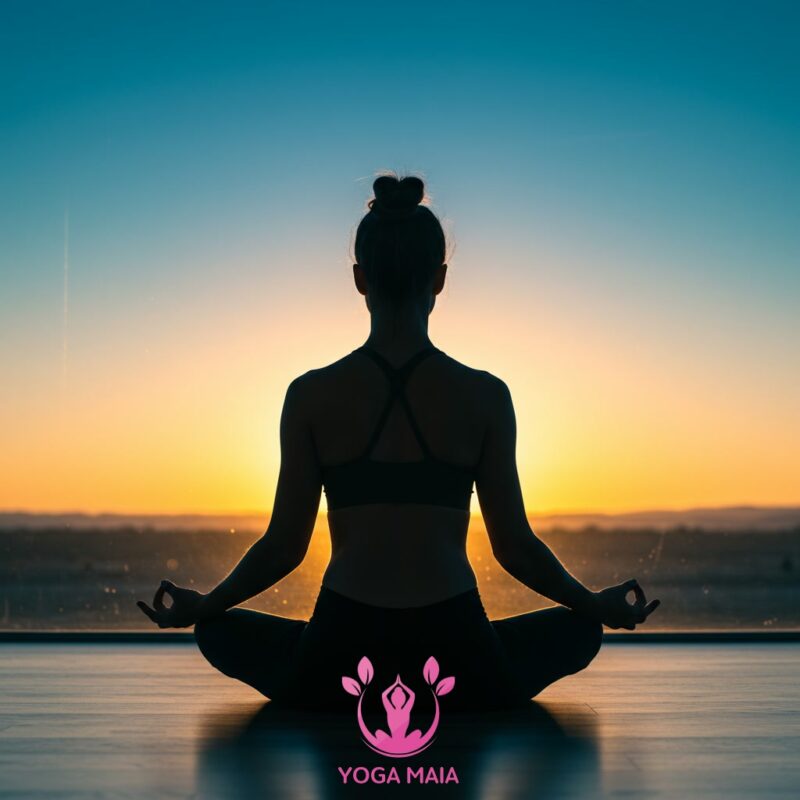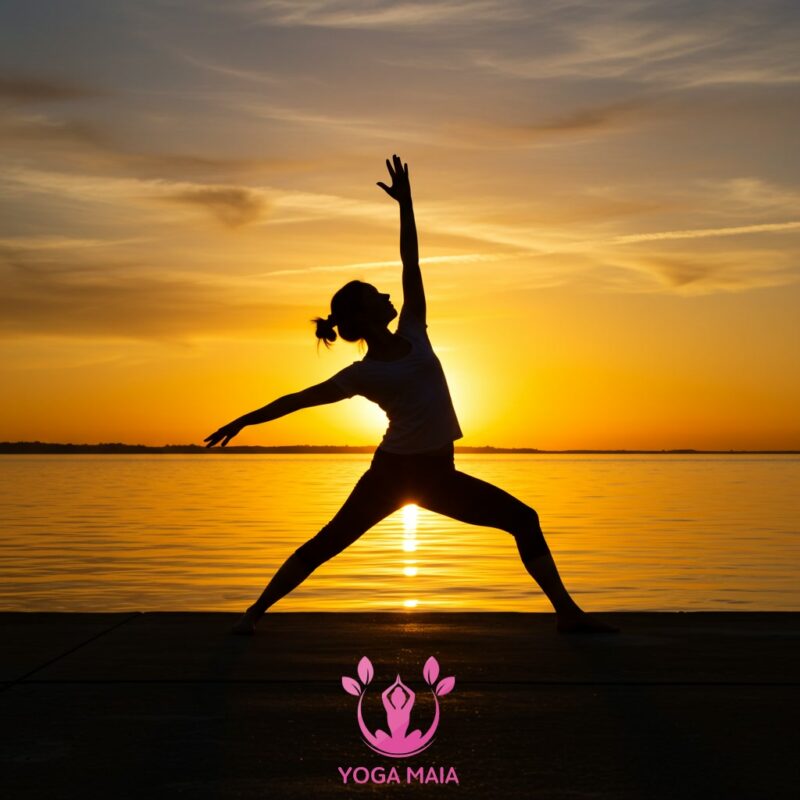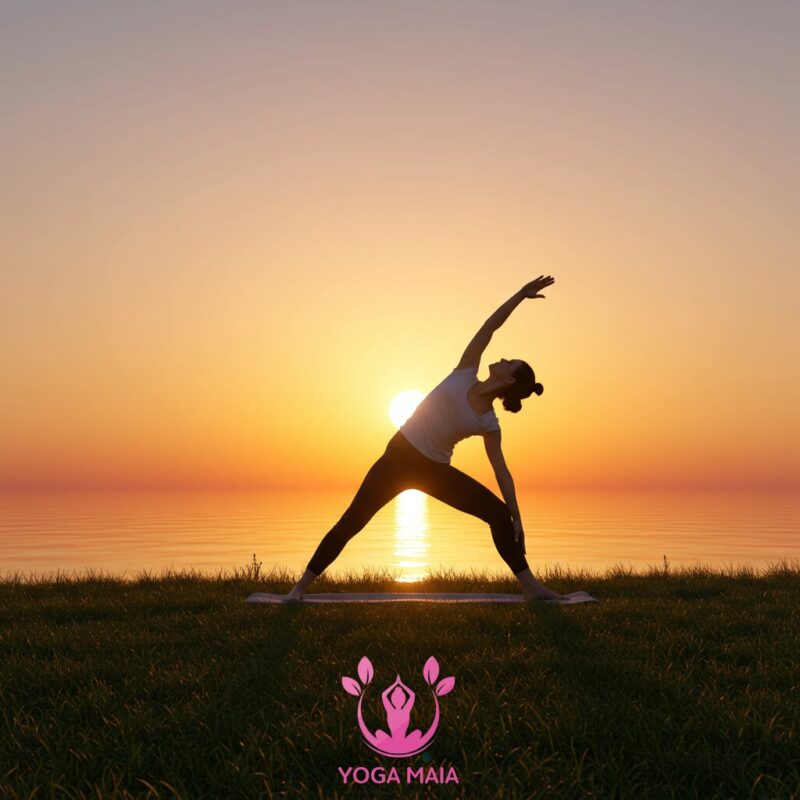Yoga Blog
Mastering Surya Namaskar: A Step-by-Step Guide to Sun Salutation in Yoga Practice
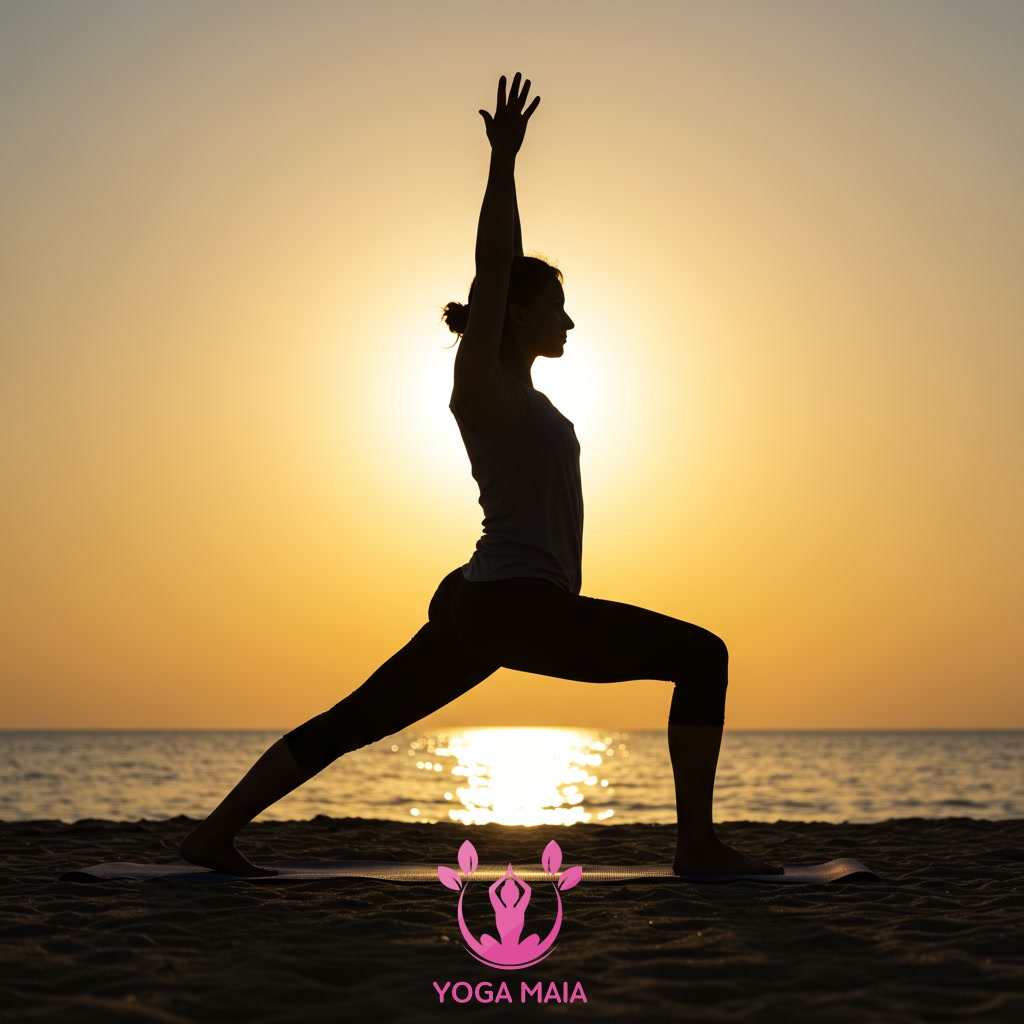
This guide offers a detailed, step-by-step walkthrough for mastering Surya Namaskar, the essential Sun Salutation sequence in yoga. It breaks down each posture and movement, enabling practitioners to learn and perform the sequence correctly. The content supports integrating this foundational practice effectively into one’s yoga journey.
Table of Contents
- Section 1: Understanding Surya Namaskar: Origins and Significance
- Section 2: Preparing for Your Practice: Setting the Stage and Breath
- Section 3: The Step-by-Step Breakdown of the 12 Poses
- Section 4: Variations, Modifications, and Tips for Beginners
- Section 5: Benefits of Regular Surya Namaskar Practice
Section 1: Understanding Surya Namaskar: Origins and Significance
Surya Namaskar, meaning ‘Salutation to the Sun’ in Sanskrit, is a fundamental sequence in yoga practice, traditionally performed at sunrise. Its origins are deeply rooted in ancient Indian traditions, possibly stemming from rituals honoring the sun as a source of life and energy. Over time, it evolved into a dynamic series of postures linked by breath, serving not just as a physical exercise but also as a moving meditation. The significance of Surya Namaskar lies in its ability to warm and prepare the body for deeper practice, synchronize breath with movement, and cultivate a sense of gratitude and connection to the solar energy that sustains life. It is often practiced as a complete sequence or as a warm-up for an asana class, offering a holistic approach to physical and mental well-being.
 Understanding Surya Namaskar: Origins and Significance
Understanding Surya Namaskar: Origins and Significance
Section 2: Preparing for Your Practice: Setting the Stage and Breath
Before embarking on the physical movements of Surya Namaskar, it is crucial to dedicate time to preparation. Begin by finding a quiet, comfortable space where you won’t be disturbed. Ensure the area is clean and has enough room for you to move freely. Lay out your yoga mat, which provides cushioning and grip. Wear comfortable clothing that allows for a full range of motion. Stand at the front of your mat, feet together or hip-width apart, grounding yourself. Close your eyes gently or soften your gaze. Bring your awareness to your breath. Observe the natural rhythm of your inhale and exhale without trying to change it. Allow your mind to settle, releasing any tension or distractions from the day. This moment of stillness and conscious breathing sets a mindful intention for your practice, connecting you to the present moment and preparing both body and mind for the sequence ahead.
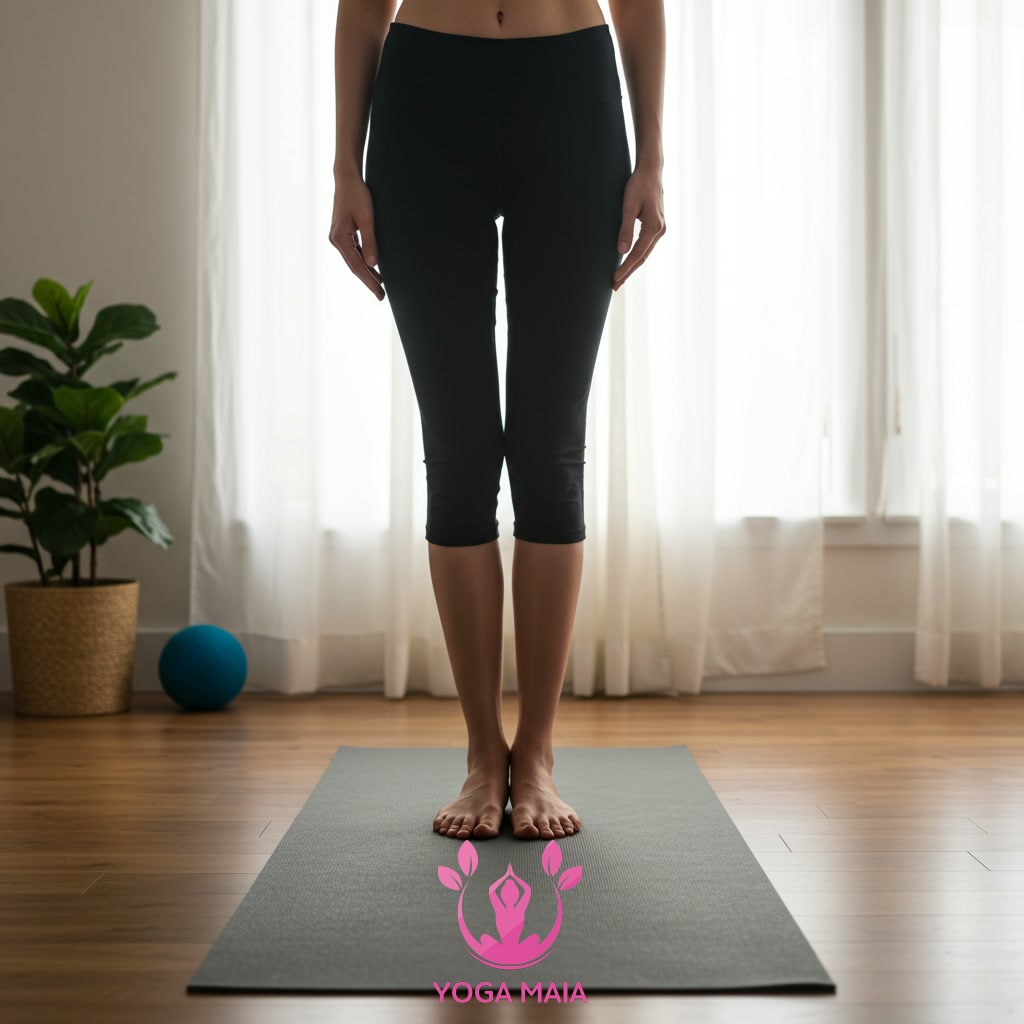 Preparing for Your Practice: Setting the Stage and Breath
Preparing for Your Practice: Setting the Stage and Breath
Section 3: The Step-by-Step Breakdown of the 12 Poses
Following your preparation, you are ready to embark on the physical sequence of Surya Namaskar, commonly known as the Sun Salutation. This foundational series comprises twelve distinct yoga poses, seamlessly linked together through breath and movement. Each posture is designed to stretch and strengthen various parts of the body while building heat and energy. The beauty of Surya Namaskar lies in its cyclical nature, creating a continuous flow that awakens the body and calms the mind. Understanding the proper alignment and transition for each of these twelve steps is key to reaping the full physical and energetic benefits of this dynamic sequence.
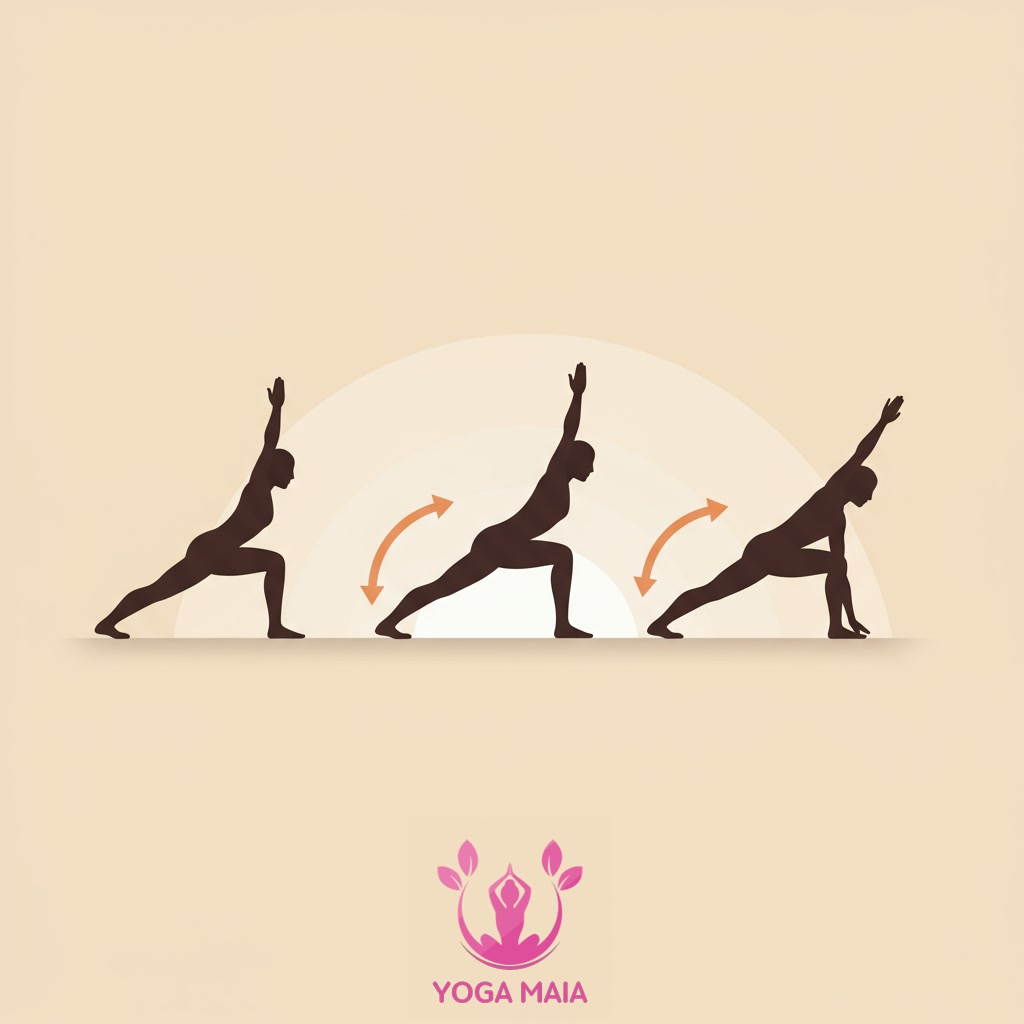 The Step-by-Step Breakdown of the 12 Poses
The Step-by-Step Breakdown of the 12 Poses
Section 4: Variations, Modifications, and Tips for Beginners
While the standard twelve-step Surya Namaskar sequence is foundational, it’s crucial to recognize that modifications and variations are essential, especially for beginners or those with physical limitations. Don’t feel pressured to perform every pose perfectly from the start. Common modifications include dropping your knees in Chaturanga (Low Plank), using blocks under your hands in forward folds or standing splits, or stepping back into plank instead of jumping. Beginners should focus on linking breath with movement and maintaining proper alignment rather than depth in poses. Listening to your body, practicing patience, and gradually building strength and flexibility are key tips for safely integrating this powerful sequence into your yoga practice.
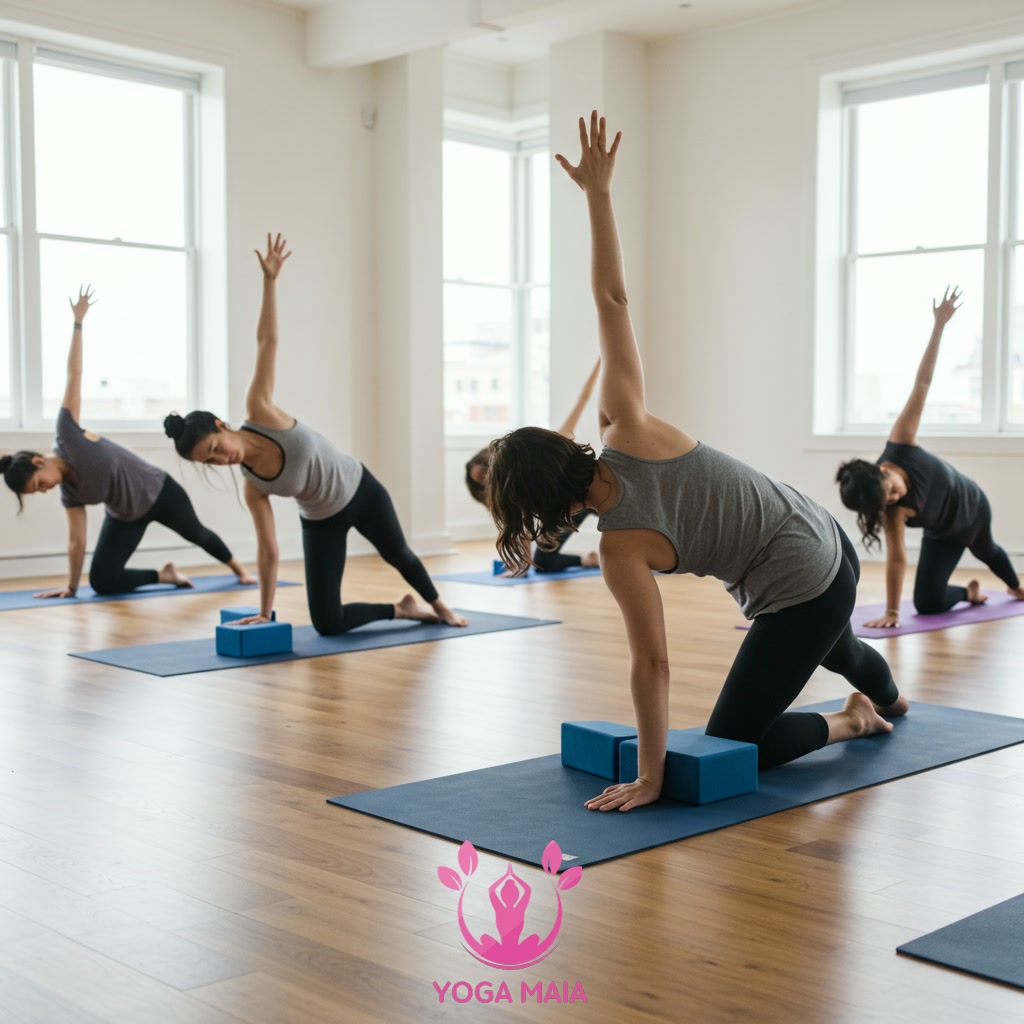 Variations, Modifications, and Tips for Beginners
Variations, Modifications, and Tips for Beginners
Section 5: Benefits of Regular Surya Namaskar Practice
Following the necessary modifications and consistent practice, the benefits of regularly incorporating Surya Namaskar into your routine are extensive and profound. Physically, this dynamic sequence builds strength throughout the body, particularly in the core, arms, and legs, while simultaneously enhancing flexibility in the spine, hamstrings, and shoulders. The rhythmic flow improves cardiovascular health, stimulates circulation, and aids digestion. Beyond the physical, Sun Salutation practice cultivates mental clarity and reduces stress by synchronizing breath with movement, fostering a meditative state. It boosts energy levels, promotes a sense of vitality, and helps balance the body’s energy centers. Consistent practice not only prepares the body for more advanced postures but also instills discipline and a deeper connection to oneself, truly embodying a holistic approach to well-being.
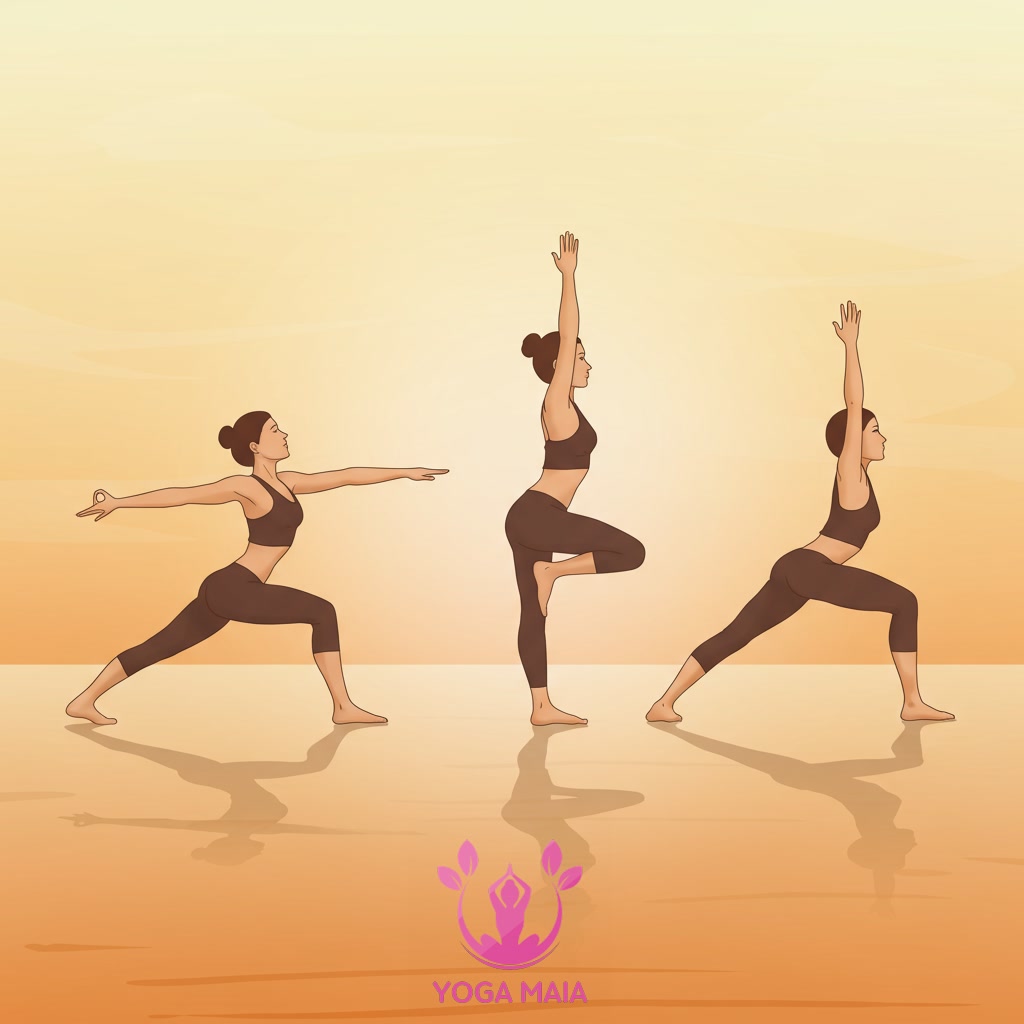 Benefits of Regular Surya Namaskar Practice
Benefits of Regular Surya Namaskar Practice
